Real Food Q&A: Should Raw Cheese be Organic?
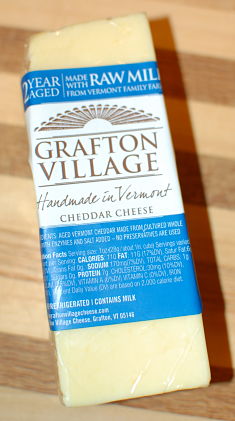
This post may contain affiliate links, which means I make a small commission at no extra cost to you.
See my full disclosure here.
This is the part of the program where Kathleen answers a reader’s question about Real Food…
“Just because it’s raw doesn’t mean it’s organic? The label should have both raw and organic? I have been pondering this so I thought I’d ask since you posted about cheese.” ~Teresa
This is a great question!
In a nutshell, just because a raw cheese is NOT certified organic, does not mean it’s not “organic.”
Raw cheese, whether or not it’s “organic,” is almost always far superior to regular, pasteurized cheese.
For one thing, most dairy farmers who are interested in turning their raw milk into cheese, are following organic practices. They may not have jumped through all the hoops in order to earn legal organic certification, but their practices tend to meet or exceed organic standards.
They tend to run small, family farms, eschewing the use of antibiotics or hormones and pasturing their cattle from spring through fall. In the winter, the cattle may receive a small amount of grain to supplement their diet of hay.
Nina Planck, author of Real Food and Real Food for Mother and Baby, provides “some ideas for best practice” when considering sources for raw milk (or cheese made from raw milk). Whether or not your raw cheese is organic, this is the sort of information you should know about where it comes from and how it’s made.
- Cows are tested for TB and undulant fever (Bang’s disease)
- Cows eat mostly fresh grass or hay and no growth hormones
- Milk goes in clean stainless steel and is immediately chilled to 40 F
- Milk is tested regularly for microbiological activity and pathogens
- Test results are available; problems are resolved
- Barn and milk house are clean and orderly
- The dairy farmer and family drink their raw milk daily
Revisiting this topic made me curious about Grafton Village Cheese, the awesome raw milk, aged cheddar we’ve been purchasing at Wegmans and including in our This-n-That lunches. Mr. Native Texan and Older Brother LOVE this cheese! (I want to love it, too, but am restricted from cow’s milk at this time.) I was pretty sure about the answers to my questions, but wanted to hear it straight from the source.
Theresa at Grafton Village was really helpful.
She told me exactly what I wanted to know:
- Grafton Village farmers sign off on a policy of “no antibiotics, no hormones, etc.” and have been doing so since before many people were even concerned about it.
- Their raw milk comes from small, family farms in Vermont. They have no official certification, but employ organic practices.
- Every batch of milk is tested for pathogens, etc.
- The cows eat grass when it’s available and hay during the winter.
Now I love our Grafton Village cheddar even more!
Don’t live near a Wegmans? You can find Grafton Village cheeses at Whole Foods, MOM’s Organic Market, specialty cheese shops, gourmet food stores, natural food stores, food coops and selected supermarkets around the country. Call them at 800-472-3866 for more details.
Sources
- Real Baby Food: Where I Buy Real Food (Nina Planck’s online list of Real Food resources)
- Real Food by Nina Planck
- Nourishing Traditions by Sally Fallon
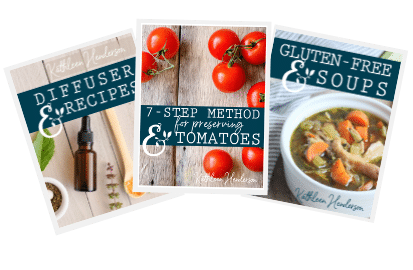
Sign up NOW for my best tips delivered weekly to your inbox!
You’ll also get instant access to my library of free ebooks and resources.
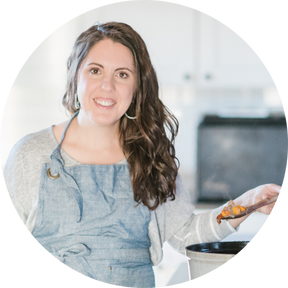

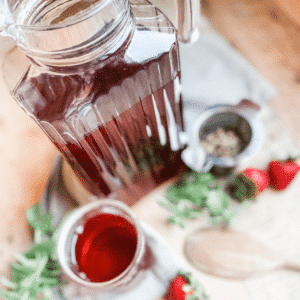
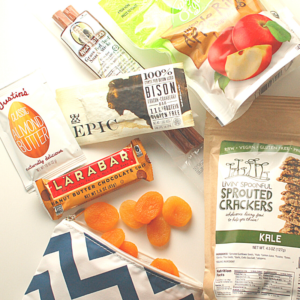
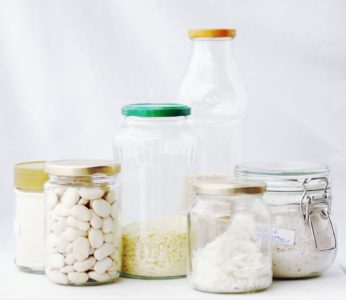

Leave a Comment